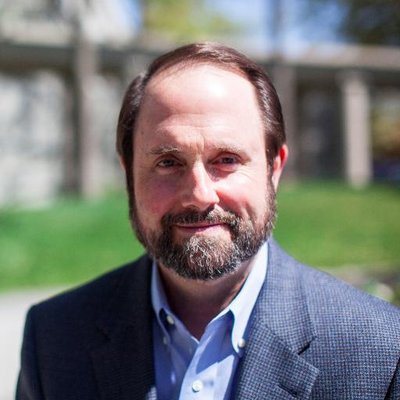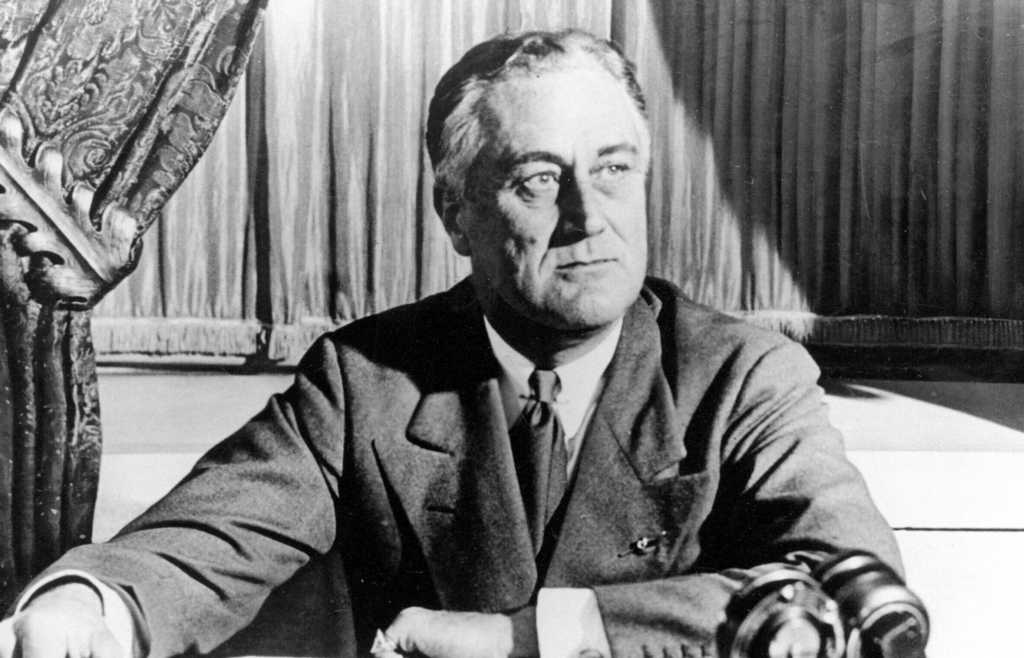President Franklin D. Roosevelt signed the G.I. Bill on June 22, 1944. This legislation provided veterans returning from World War II with unemployment compensation, low-interest home and business loans, and funding for education.
By giving veterans financial help for tuition, living expenses, books, supplies, and equipment, the bill prompted a revolution in higher education. In 1939, 160,000 Americans graduated from college; in 1950, nearly 500,000 Americans did so.
The bill also enabled millions of Americans to move out of urban centers and buy or build homes outside the city, transforming suburbs. In short, the G.I. Bill became a major force driving an economic expansion in the United States that lasted 30 years after the war ended.
Here’s the bad news: more than a million African-American veterans were denied the bill’s benefits. These men risked their lives to serve our country, but they returned to a nation that was starkly divided on racial lines.
Many financial institutions refused to give mortgages and loans to black people. In 1947, only two of the more than 3,200 VA-guaranteed home loans in 13 Mississippi cities went to black borrowers. In New York and the northern New Jersey suburbs, fewer than one hundred of the 67,000 mortgages insured by the G.I. Bill supported home purchases by non-whites.
Northern universities were reluctant to admit black students, while many Southern colleges barred them entirely. The VA encouraged black veterans to apply for vocational training instead of university admission and arbitrarily refused educational benefits to some students.
According to historian Hilary Herbold, “The segregationist principles of almost every institution of higher learning effectively disbarred a huge proportion of black veterans from earning a college degree.”
Lest we think that such prejudice was confined to the post-World War II era, consider the example of billionaire Robert F. Smith, CEO and chairman of Vista Equity Partners.
Last year, Smith announced that he would pay off the student debt of about 400 Morehouse College students. He states: “We have centuries of systemic racism and it has been playing out in the form of educational disparities, health care disparities, and economic disparities. . . . We’re really facing an urgent crisis around how we’re dealing with equitable justice.”
Smith, who is African-American, says he still faces racism today: “It affects every black person in America. I feel it today, and it’s disturbing.” He adds: “In spending time with my teenage children, talking about the effects of racism on them, the effects of racism that I still see when trying to raise capital . . . those dynamics, unfortunately, they have been embedded. This is the whole point of ‘systemic,’ [it’s] embedded into the psyche of Americans and the institutions of America. And those are the things we have to eradicate.”
Racism is sin. Denigrating a human being because of their race is a direct repudiation of God’s love for all people (Romans 5:8).
We are all created by the same Father (Genesis 1:27) and descended from the same parents (Genesis 3:20). As a result, we are all members of the same family. In Christ, “there is neither Jew nor Greek, there is neither slave nor free, there is no male and female” (Galatians 3:28).
As protests sparked by the tragic death of George Floyd continue across our country, every Christian needs to ask God how we should stand against racism in all its forms. It is vital that we build significant personal relationships across racial lines and that we use our influence, resources, and gifts to share our Father’s inclusive love.
What can you do that only you can do?

Jim Denison is Resident Scholar for Ethics with Baylor Scott & White Health and the founder of Denison Forum, with a reach of 1.7 million.


